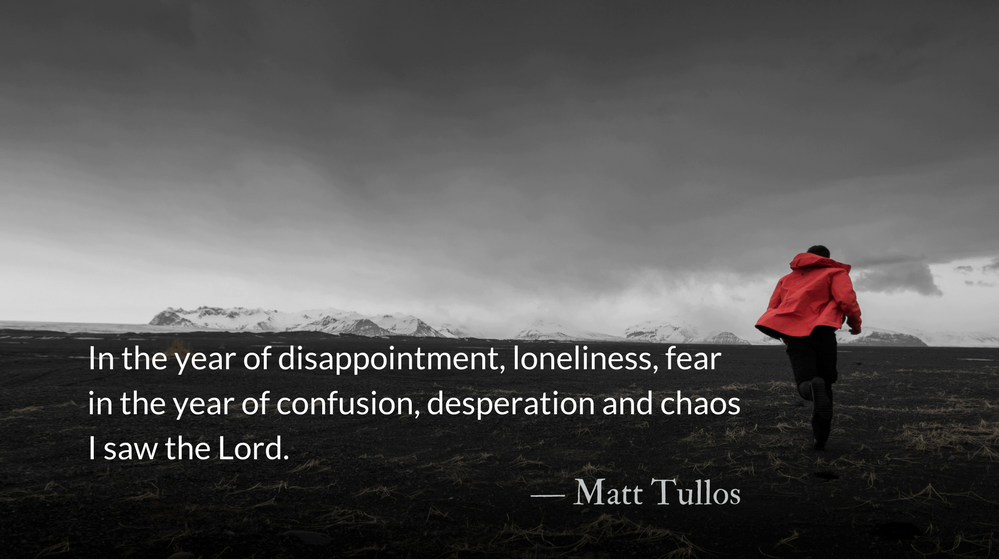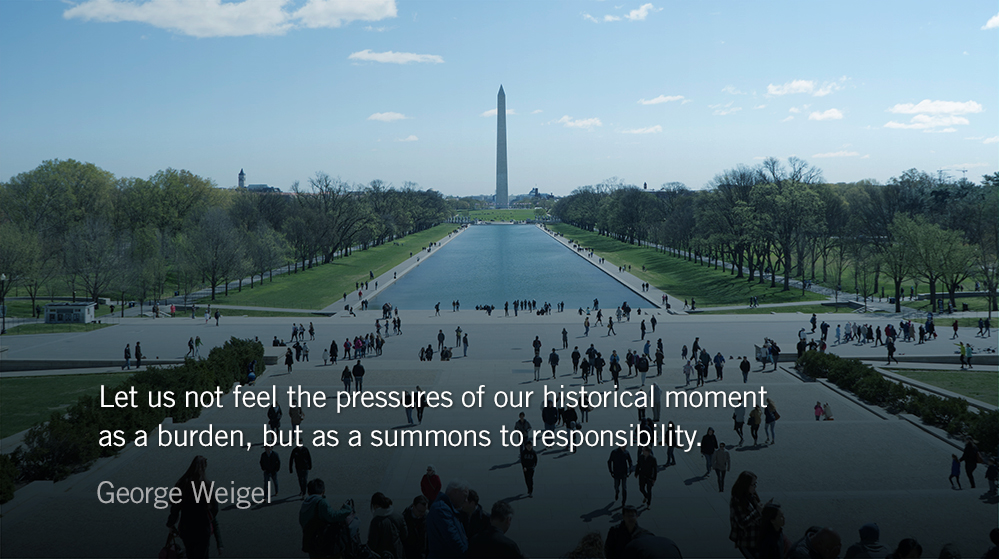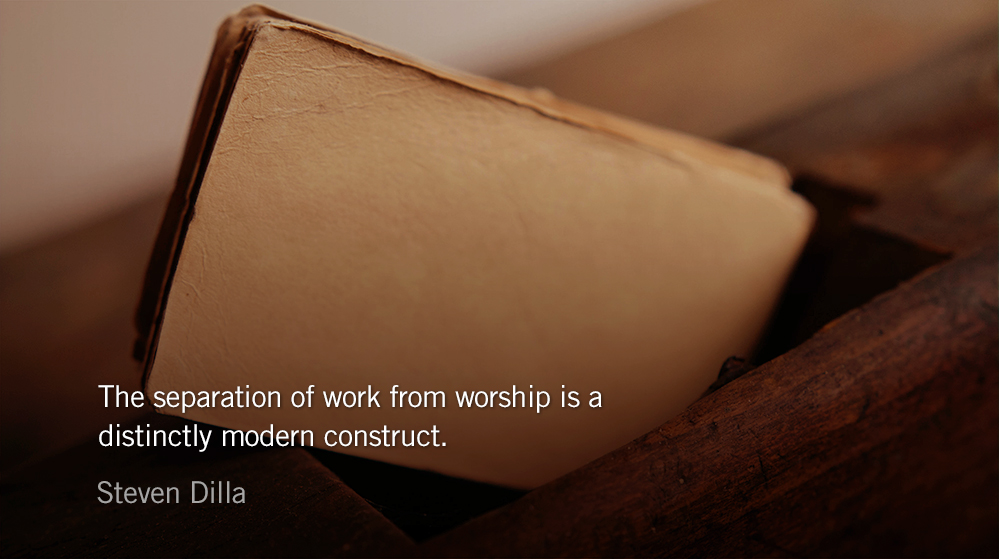Selected by reader, Charmaine from SF Bay Area, and reader, Suzanne
Charmaine: This is such a beautiful poem and a reminder of His unceasing patience and how the enemy uses intermediaries to blind us from Him. I continually come back to this, in times of turmoil and anticipation, for comfort and challenge.
Suzanne: This one really made my heart sing. Jesus waits with open arms for me! ME?!? He delights in me and is faithful to wait with open arms for me. I can’t wrap my brain around why He finds me delightful but I’m grateful beyond words that He does.
Originally posted on April 3, 2018 with readings from Proverbs 21 and Colossians 4.
Devote yourselves to prayer, being watchful and thankful. And pray for us, too, that God may open a door for our message, so that we may proclaim the mystery of Christ, for which I am in chains. — Colossians 4.2-3
Reflection: Seeing the Lord :: Readers’ Choice
By John Tillman
Seeing the Lord—finally seeing him truly for who he is—is a huge part of the resurrection story. Perhaps seeing him truly as Lord is why so many did not, at first recognize him. He is not just a gardener. He is not merely a traveling scriptural scholar. He is so much more than a sea-side campfire chef.
May we see the Lord fully in this season of Easter. May we celebrate his mercy and take on the challenge of telling others what and who we have seen.
I Saw the Lord
By Matt Tullos
In the year of disappointment, loneliness, fear
in the year of confusion, desperation and chaos
I saw the Lord.
My eyes had been blinded by amusement, toys,
by savings and wealth
dreams and aspirations in the midst of the
sandcastles of my own self-importance.
My eyes were blinded by the temporal, until an
eternal God shook the doorposts of my soul.
He came to me. And I saw myself
for who I was outside of Him,
naked, dying, cold,
starving, and helpless.
He didn’t come in the sanctuary.
He didn’t come in the crowds.
He didn’t come in the ceremonies,
in the shifting dance of the day-to-day.
He came into my deepest closet of
hopelessness.
He didn’t come with four laws.
He didn’t come with three points and a poem.
He visited me at midnight when I least
expected to hear His voice.
He came to me at a time when
my hopes were dashed,
when my future appeared bankrupt.
He came to me when every solid foundation
seemed to collapse.
He came to me in the wilderness
of my own destitution.
He came to me in the poverty
of my own understanding.
He came to me when I laid down my toolbox
My first aid kit and my cookbook. He came to me!
Hallelujah! With a quick fix? No.
He came to me… with a list of seminars and
books to read? No.
He came to me and there was nothing,
absolutely nothing, I could offer
in my own strength.
The masks, alibis, and diplomas faded under
the light of His passionate gaze.
He didn’t need me. He didn’t need my talents.
He didn’t need my knowledge, my money,
or my influence.
On the contrary, He came to me because for the
first time in my life, I knew that I was
utterly helpless. I didn’t have the answers.
For the first time in my life I knew that
no word, no thought, no event would change me.
Only God. Christ alone could change my heart.
He came to me. He wrapped His arms around
me and said,
“My beloved, I’ve been waiting for you.”
(From And Now You Know the Rest of His Glory 1999)
Prayer: The Small Verse
Let me seek the Lord while he may still be found. I will call upon his name while he is near.
– Prayer from The Divine Hours: Prayers for Summertime by Phyllis Tickle.
Prayers from The Divine Hours available online and in print.
Today’s Readings
Ezekiel 1 (Listen – 4:47)
Psalm 37 (Listen – 4:21)
Additional Reading
Read More about The Lord Be With You :: Readers’ Choice
How many of us need to shed the circumstantial “god” for the reality of Christ.
Read More about Struggling with the Word
I found me in his Word because he put me there. God put me in his Word that I might hear him in the silence.
Support our Work
Every week The Park Forum sends over 13,000 email devotionals around the world. Support our readers with a monthly or a one time donation.











